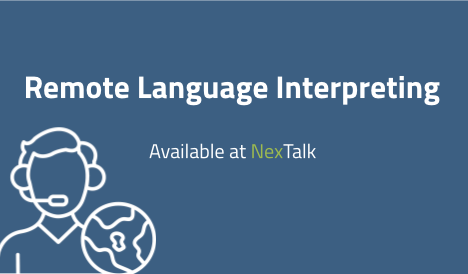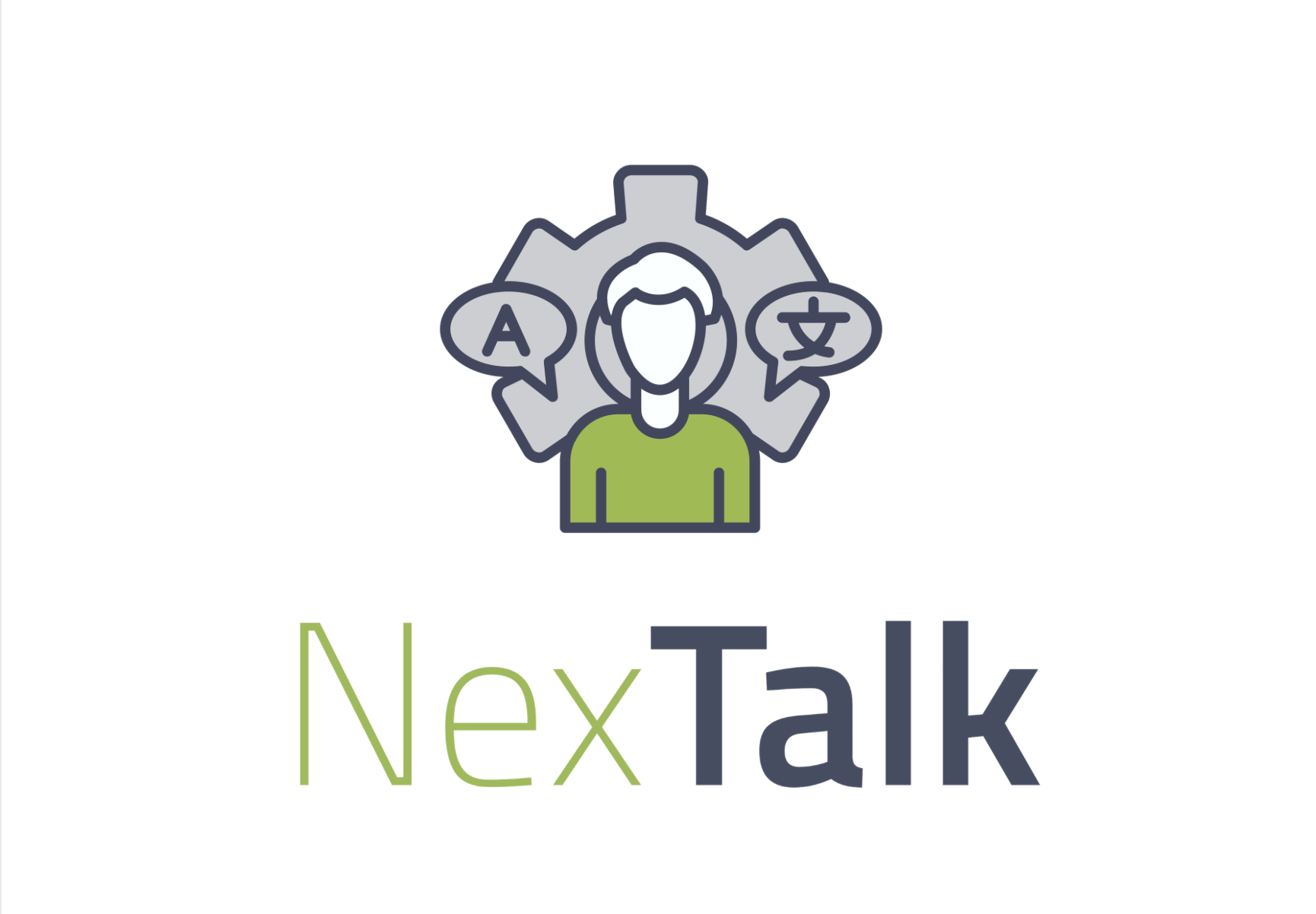Serve Every Caller: Building an Inclusive Utility Contact Center for Billing, Outages & Service Changes
Many utility contact centers still rely on voice-only systems that leave Deaf, Hard-of-Hearing, and limited-English customers without clear ways to get help. From billing to service changes to outage updates, accessible communication is no longer optional—it’s a customer expectation and a compliance obligation. Learn how utility leaders can build inclusive contact centers that serve every caller, meet accessibility standards, and strengthen community trust.








